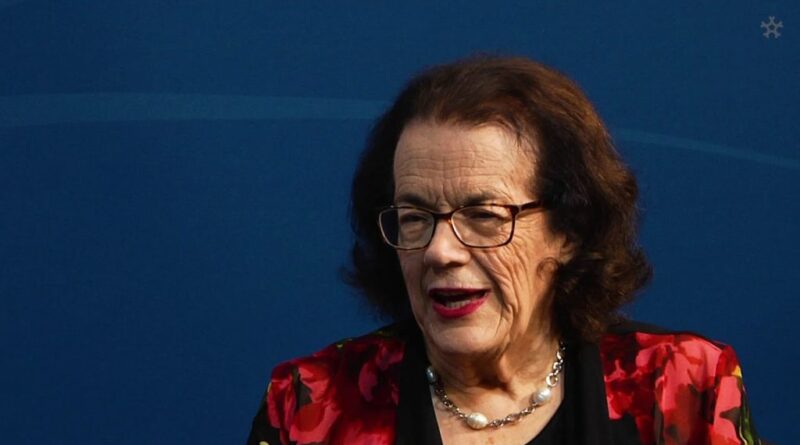Anthony Albanese rules out early election – and wishes federal terms were longer

Anthony Albanese has said there will be an early budget next year, ruling out a premature election while lamenting the brevity of federal parliamentary terms.
The Prime Minister on Wednesday responded to speculation in some sections of the media about a possible election later this year, after a leaked memo from his chief of staff, Tim Gartrell, referred to going into election year. The memo was announcing the appointment of David Epstein – who has worked in multiple positions for Labor as well as in the private sector – to a senior role in the PM’s office.
Albanese described the speculation as “a bit of a beat up”.
“We expect to have a budget next year in March […] and the term ends in May next year,” he said on the ABC.
He was “absolutely” committed to serving a full term.
Pressed on whether he would wait until May, the final time for the election, Albanese said, “Well, I’ve said that three-year terms are too short, in my view.
“Part of the problem in this country, I think, is that you have the first year after an election and then you have that middle year and then you’re in an election year, which is what we will be in.”
He favoured four-year terms but “it’s been tried twice at referendums and we know that referendums are difficult to carry in this country”.
There was “misinformation”, with people saying “oh, it’ll be terrible, politicians will be here for even longer and it’s a grab for power”. But “it’s actually common sense. Every state and territory has four-year terms, but we don’t federally.”
Epstein will be principal private secretary in the Albanese office.
“It’s a senior person on high level matters,” the Gartrell memo said.
“They identify emerging issues and focus on how they are best managed.
“This is an important role as we enter the election year and David is well-qualified for the role, having worked for Labor in a range of senior roles over five successive governments and opposition.”
The Coalition brought forward the budget before its last two May elections – 2019 and 2022 – as well as using a May budget as a launch pad for the 2016 mid-year election.

